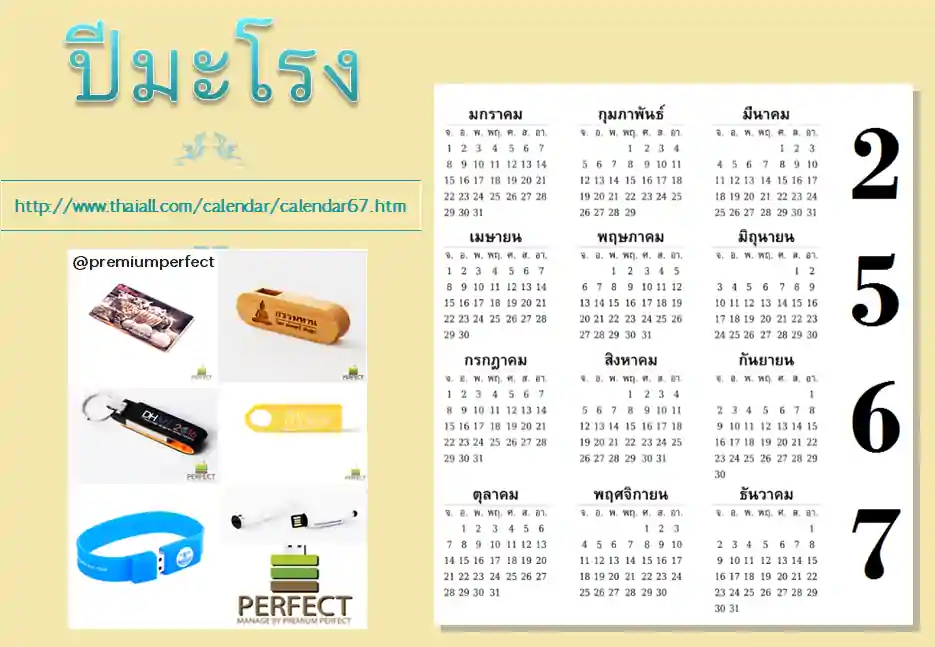ป้ายกำกับ: Buddhism Practices
Unveiling the Path: A Beginner’s Guide to Buddhism Practices
Have you ever wondered what it means to truly live a peaceful and meaningful life? In a world filled with chaos and uncertainty, many people are turning to ancient wisdom for answers. Buddhism, with its rich history and profound teachings, offers a way to navigate the complexities of life and find inner peace. But where do you even begin?
This guide is your starting point to understanding Buddhism practices. We’ll explore the fundamental principles of this beautiful tradition and shed light on the practices that can guide you towards a more fulfilling life.
The Cornerstones of Buddhism:
Buddhism is based on the teachings of Siddhartha Gautama, also known as the Buddha, who achieved enlightenment after years of seeking truth. His teachings are rooted in the Four Noble Truths, which describe the nature of suffering, its causes, its cessation, and the path leading to its end.
The Four Noble Truths are the foundation of Buddhism:
- The Truth of Suffering: Life is filled with pain, suffering, and dissatisfaction. It’s something we all experience.
- The Truth of the Cause of Suffering: Our suffering is caused by our own desires, attachments, and ignorance. We crave things we don’t have and fear losing what we do have.
- The Truth of the Cessation of Suffering: Suffering can be overcome by letting go of attachments and clinging.
- The Truth of the Path to the Cessation of Suffering: The Eightfold Path is the way to reach enlightenment and end suffering.
The Eightfold Path: Your Guide to a Meaningful Life
The Eightfold Path is a practical guide to living a life free from suffering. It consists of eight steps:
- Right Understanding: Understanding the Four Noble Truths and the nature of suffering.
- Right Thought: Cultivating positive and compassionate thoughts, letting go of harmful and negative ones.
- Right Speech: Speaking kindly, truthfully, and thoughtfully.
- Right Action: Behaving ethically, avoiding harmful actions like stealing, lying, or hurting others.
- Right Livelihood: Engaging in work that benefits yourself and others, avoiding jobs that cause harm.
- Right Effort: Making an effort to improve your mind and behavior.
- Right Mindfulness: Being fully present and aware in each moment.
- Right Concentration: Cultivating focus and meditation to deepen your understanding and awareness.
Common Buddhism Practices:
Meditation: Meditation is a core practice in Buddhism, and it’s a powerful tool for calming the mind, reducing stress, and cultivating mindfulness. It involves sitting or lying down in a comfortable position, focusing on your breath, and allowing thoughts to pass without judgment.
Mindfulness: Mindfulness is the practice of being present and aware of the moment without judgment. This can be applied to everyday activities like eating, walking, or listening. By being fully present, you can appreciate the beauty of the moment and cultivate inner peace.
Compassion: Compassion is the ability to understand and share the suffering of others. It’s about feeling empathy and wanting to alleviate their pain. Cultivating compassion can help us connect with others and build a more peaceful world.
Loving-kindness: Loving-kindness is the practice of cultivating feelings of love, acceptance, and kindness towards oneself and others. It is a powerful way to overcome negativity and create a more positive outlook on life.
Giving: Giving is an important part of Buddhist practice. It’s about offering generosity and support to others, whether through material goods, time, or kindness.
Your Journey Begins Today:
Buddhism is not just a religion; it’s a way of life. It’s about cultivating wisdom, compassion, and understanding to live a more meaningful and fulfilling life.
This guide has only scratched the surface of what Buddhism has to offer. As you continue to explore these teachings and practices, you’ll discover a path toward greater peace, happiness, and enlightenment. Remember, the journey is the destination.
Start by taking small steps, be patient with yourself, and embrace the process.
Keywords: Buddhism Practices, Meditation, Mindfulness, Compassion, Loving-kindness
